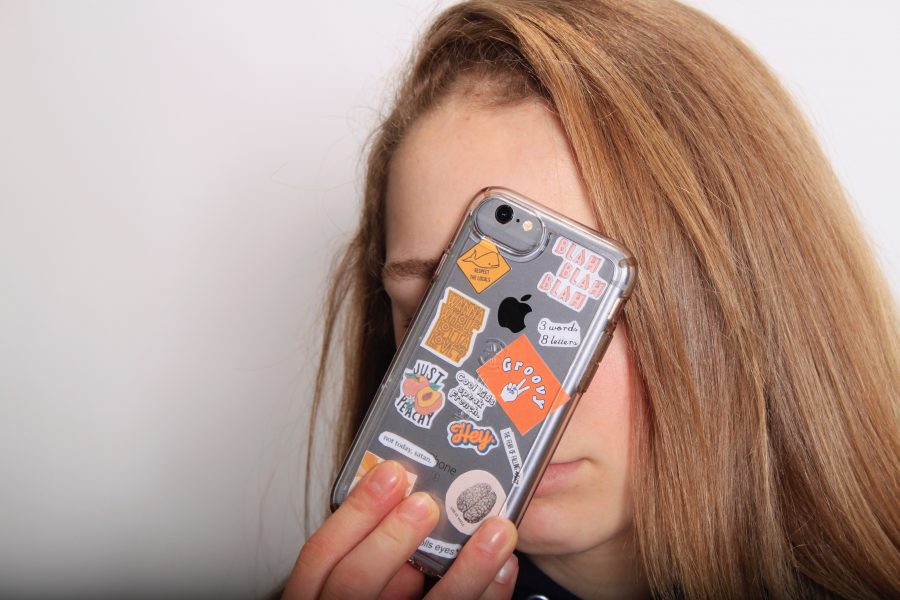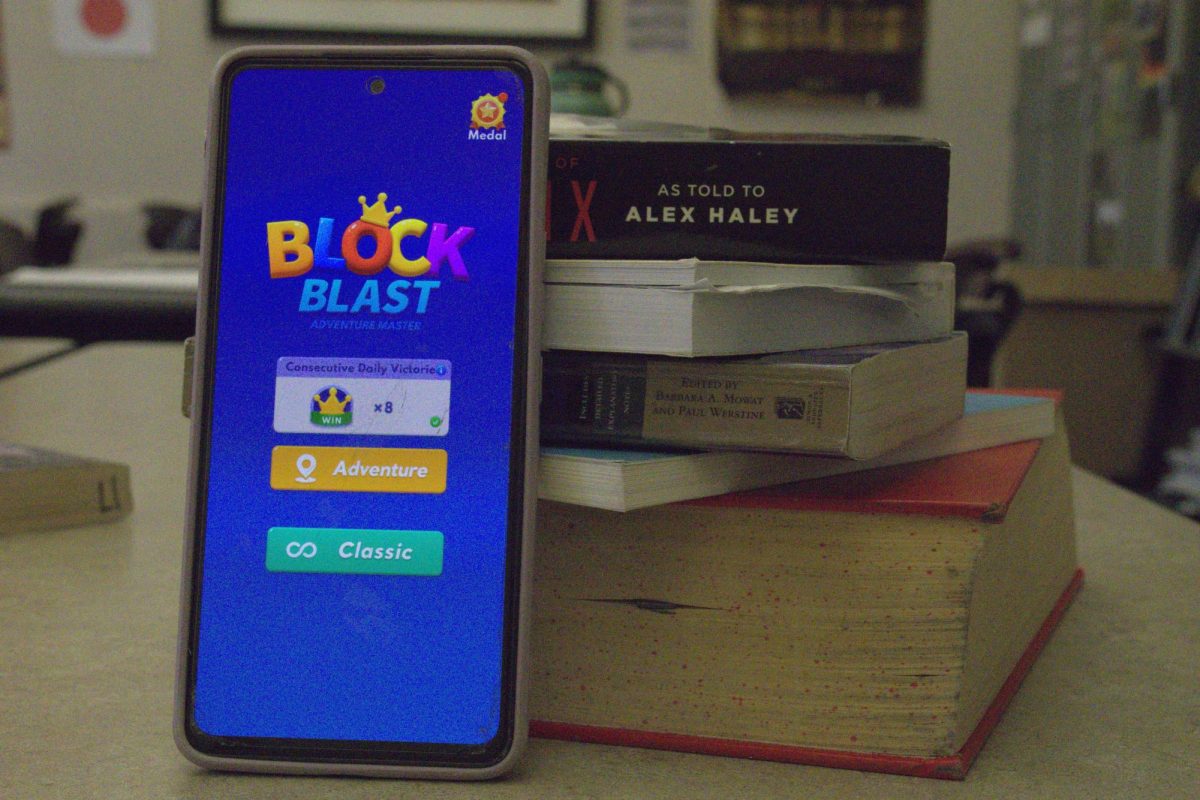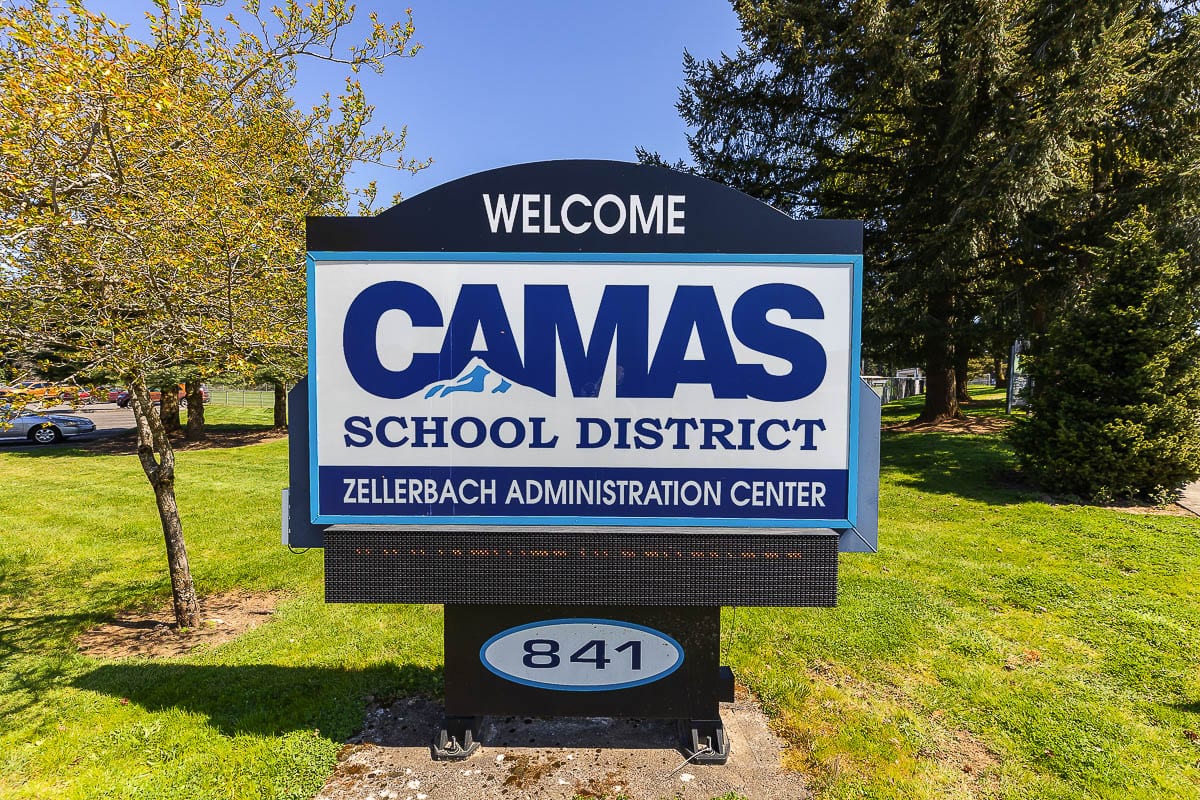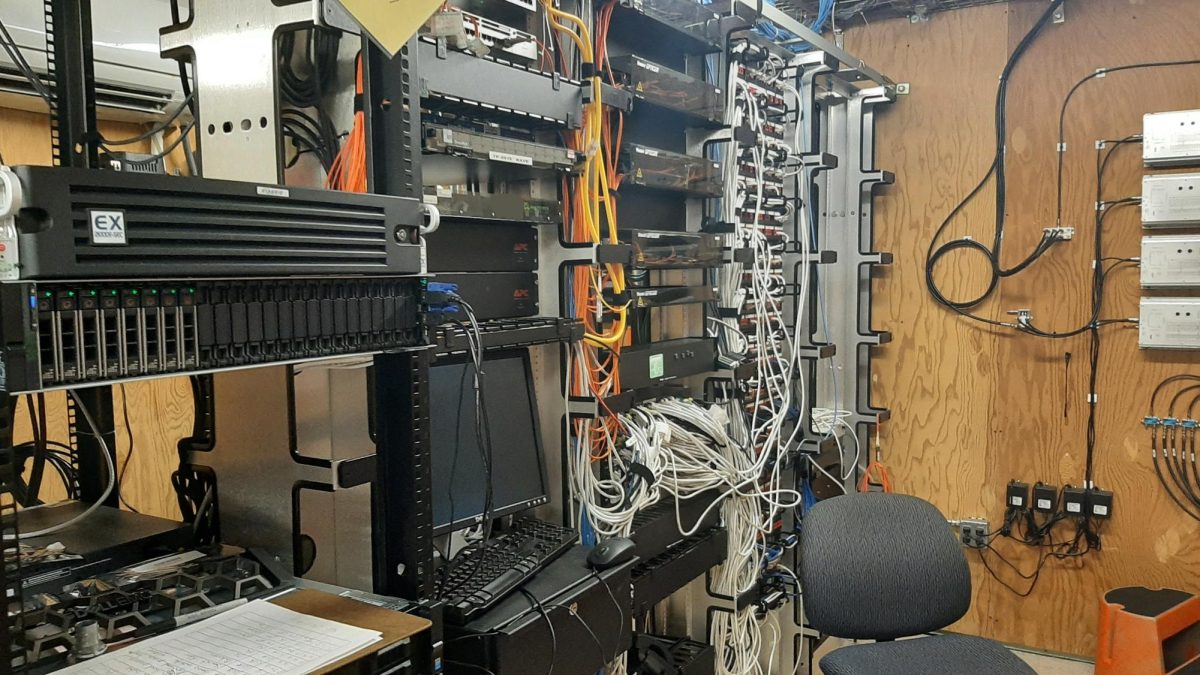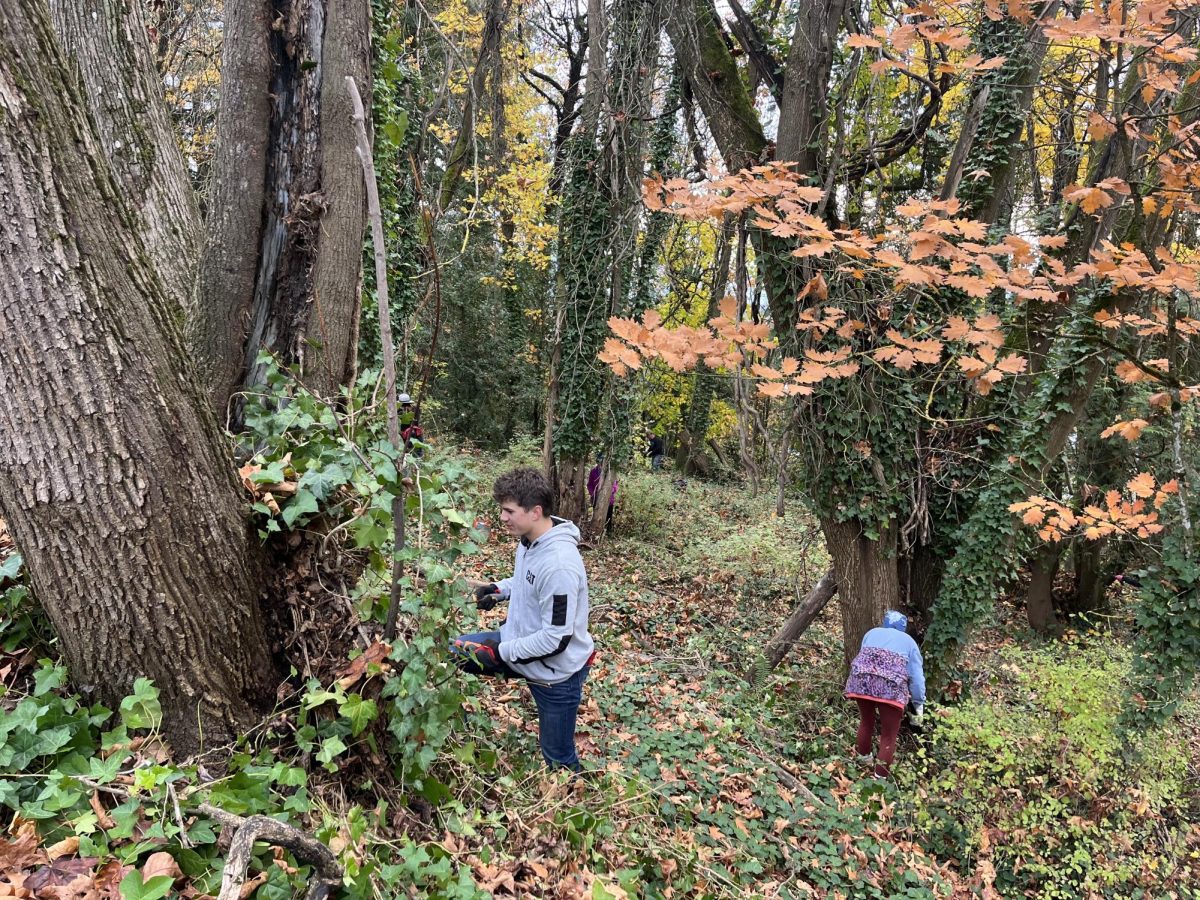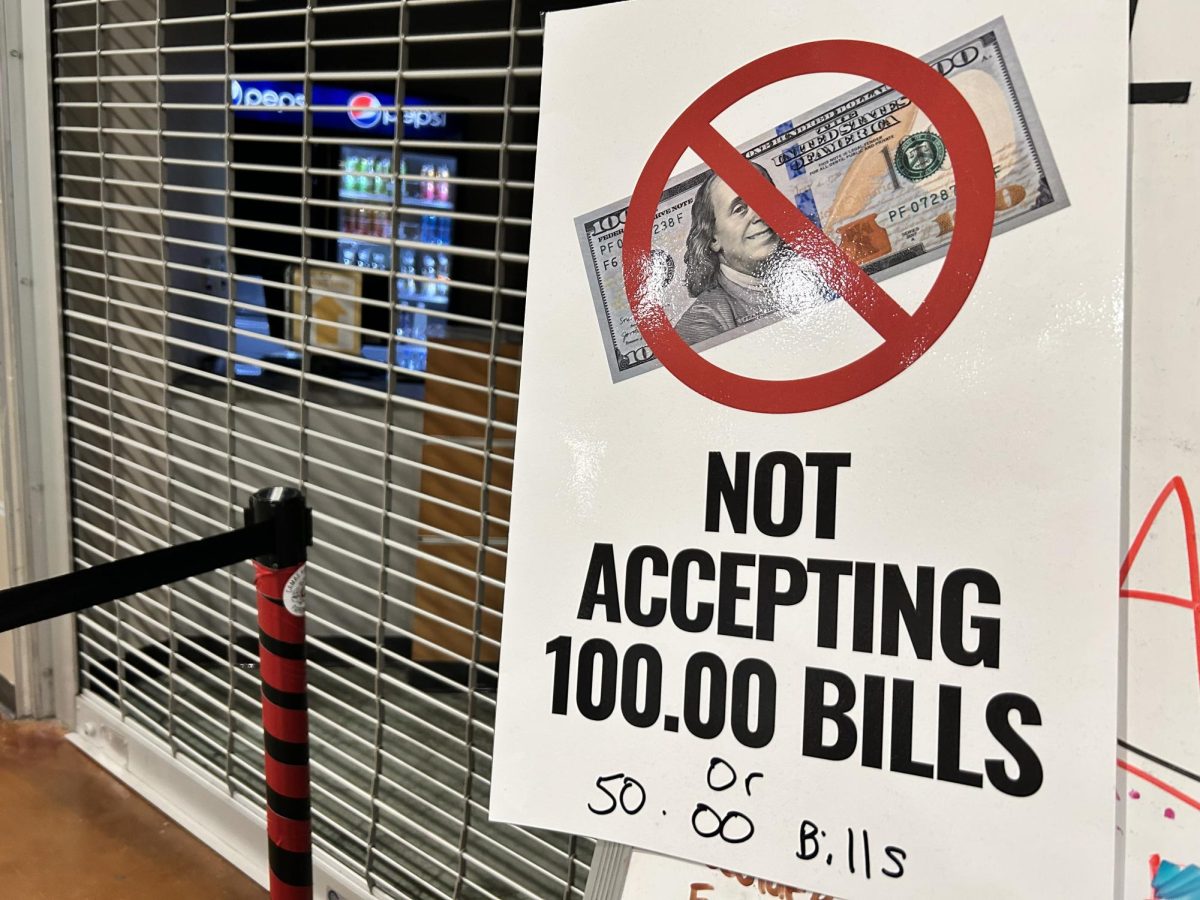Everyone has been taught from a young age to be cautious when using the internet. However, as kids get older and outlearn parents on new technology and social media platforms, it is easy to feel immune to what they learned growing up. They can forget that not even private messaging is private. Every day, they worry less and less about who sees what they post, the strangers they interact with, and the consequences of their digital actions.
Just last week at Camas High School, a student sent a distasteful message over Instagram to a student at another district. He was under the false impression that private messages would remain private: however, this was proven otherwise when a friend of the victim took a photograph of the message, tweeted it, and then proceeded to watch the offensive words become viral. Although the student who perpetrated the unsavory words apologized publicly on a since-deleted Twitter account for his actions, they can not be undone. While this is a more extreme example, it serves as clear evidence that students may fail to consider how their social media footprint can affect their reputation and even their future. Although many students believe they are immune from repercussions of posting offensive or even illegal actions, the truth is quite the contrary.

As senior Jacob Trupp states, social media “allows [colleges] to see what your character is before they even meet you”. Although not all colleges may check social media, it is not out of reach. It is also vital for students to keep in mind that not even private accounts are always safe. Senior Kaitlin Beel extends that “it’s pretty protecting, but there are other ways to find information.”
However, interested colleges can oftentimes find ways to follow a student’s social media account. Coaches, athletic programs, and college-sponsored camps often have social media accounts with the purpose of advertising their programs. However, these accounts can also be used to follow students and even potentially flag those who do not display appropriate online behavior. Nearly one-third of CHS students polled are followed by an account that is ultimately owned by or at least accessible by a college.
So, how should students say safe on social media? The Princeton Review has some tips:
1. Make sure your username is appropriate! It may seem little, but it is a quick and simple identifier of who you are.
2. Check your privacy settings and make sure you have them the way you want them in order to at least attempt to appear professional to people who do not follow you.
3. Go through old photos and make sure there is not anything you posted in the past few years that you need to remove.
4. A quick Google search of your own name! See what of yourself pops up and if there is anything you wish was not there.
5. Keep your content positive! It implies a good work ethic and professionalism.
6. Make an effort to join online groups related to or even run by colleges that you are interested in. They can see that, and it could benefit you for them to see that you have a clear interest in their school and programs.
7. Find out if your potential school uses ZeeMee, a social media platform geared towards helping students express their interests. Many colleges are beginning to allow students to provide their profile links on applications.
8. Join LinkedIn! Although this is something most students would not think to do, it shows that you are serious about your future and gives you a chance to link with adults who know you or would be good references.


































